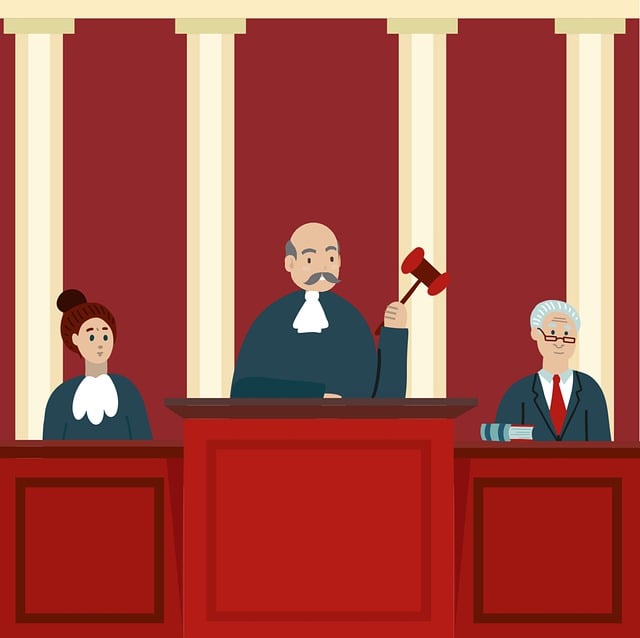When considering a Teen Challenge lawsuit due to alleged abuse or neglect, understanding civil rights, state regulations, and case precedents is vital. Consulting an experienced attorney specializing in these cases is crucial for navigating legal complexities, gathering evidence (including medical records and witness statements), defining legal grounds like physical, emotional, or psychological abuse, and seeking damages to hold Teen Challenge accountable while preventing future abuses.
“Considering filing a lawsuit against Teen Challenge programs? Our comprehensive guide explores your legal rights and options. We break down the process, from understanding common grounds for action like abuse or negligence, to calculating potential damages. If you’ve been affected by Teen Challenge, this article provides crucial insights on navigating a lawsuit. Discover steps to take, what to expect, and how to seek justice.”
- Understanding Legal Rights Against Teen Challenge Programs
- Navigating the Process of Filing a Lawsuit
- Common Grounds for Legal Action and Potential Damages
Understanding Legal Rights Against Teen Challenge Programs

When considering a Teen Challenge lawsuit, understanding your legal rights is paramount. These programs, often marketed as faith-based rehabilitation centers for teens struggling with substance abuse or behavioral issues, have faced scrutiny for various allegations including abuse, neglect, and inadequate care. If you or someone close to you has experienced harm while enrolled in a Teen Challenge program, it’s important to recognize that there are legal avenues to seek justice and accountability.
In the context of a Teen Challenge lawsuit, knowledge of your rights under civil law is crucial. This includes the right to file a claim if you believe the organization was negligent or violated your child’s rights. Understanding state-specific laws, regulations pertaining to youth welfare, and existing case precedents can significantly impact the strength of your case. Consulting with an experienced attorney specializing in such matters can provide invaluable guidance on navigating this complex legal landscape.
Navigating the Process of Filing a Lawsuit

Navigating the process of filing a lawsuit against Teen Challenge requires careful consideration and a structured approach. The first step involves assessing your case and gathering relevant evidence, including any documentation or records that support your claims. It’s crucial to understand the specific legal grounds for your Teen Challenge lawsuit, whether it’s related to alleged abuse, neglect, or violations of rights. Consulting with an experienced attorney who specializes in teen challenge programs or personal injury law is essential to guide you through the legal framework and ensure compliance with procedural requirements.
Once ready, you’ll need to file a complaint with the appropriate court, stating your claims clearly and outlining the relief sought. This initiates the formal process of serving legal notices to the defendant (Teen Challenge). Throughout the proceedings, staying organized, keeping detailed records, and adhering to court deadlines are vital to strengthen your case. Understanding the legal system and being prepared can significantly impact the outcome of your Teen Challenge lawsuit.
Common Grounds for Legal Action and Potential Damages

When considering a Teen Challenge lawsuit, understanding common grounds for legal action is essential. These cases often arise from alleged physical, emotional, or psychological abuse within the organization’s programs. Situations where individuals have suffered harm due to neglect, unsafe living conditions, or improper treatment can serve as strong bases for legal proceedings. It’s crucial to gather evidence of misconduct, such as medical records, witness statements, and documentation of any policies or practices that contributed to the harm.
The potential damages in a Teen Challenge lawsuit can vary widely depending on the specifics of the case. These may include compensation for physical injuries, emotional distress, lost opportunities, and even punitive damages to deter future misconduct. The goal is not only to provide financial relief but also to hold Teen Challenge accountable for their actions, ensuring that such abuses do not go unaddressed or unnoticed in the future.
Filing a Teen Challenge lawsuit can be a complex process, but understanding your legal rights and navigating the appropriate steps is crucial. By recognizing common grounds for legal action, such as negligence or intentional harm, individuals affected by these programs may seek compensation for their suffering. It’s important to consult with experienced legal professionals who specialize in teen challenge lawsuits to maximize potential damages and ensure a fair outcome. Remember, taking action can help hold Teen Challenge programs accountable and prevent future mistreatment.
